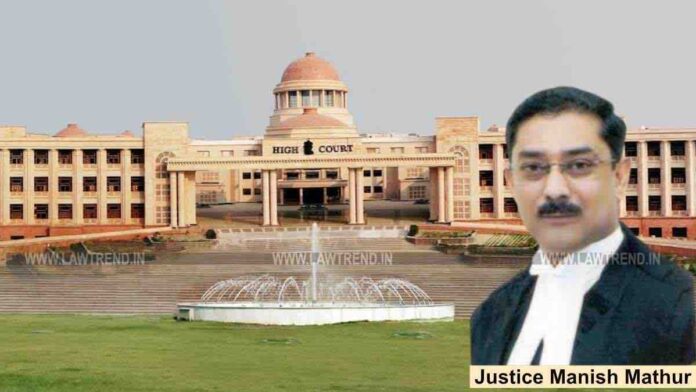In a significant judgment, the Allahabad High Court has struck down key provisions of a government order issued by the Uttar Pradesh government that implemented a “last-in-first-out” transfer policy for primary school teachers. The court found the policy arbitrary and discriminatory, as it unfairly targeted junior teachers for frequent transfers without rational justification. The decision




